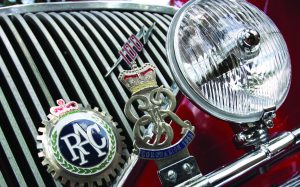Hybrid Cars A Blend of Efficiency and Performance

Hybrid Cars A Blend of Efficiency and Performance
Hybrid cars combine a gasoline engine with an electric motor, offering a balance of fuel efficiency, performance, and environmental friendliness. This technology has gained significant popularity in recent years as consumers seek more sustainable and efficient transportation options.
Types of Hybrid Cars
- Parallel Hybrids: In parallel hybrid systems, the gasoline engine and electric motor can work together to power the vehicle or independently. This configuration provides flexibility and can enhance performance.
- Series Hybrids: In series hybrid systems, the gasoline engine primarily generates electricity to power the electric motor, which drives the wheels. This configuration offers excellent fuel efficiency but may have limited performance capabilities.
- Plug-in Hybrids (PHEVs): PHEVs can be charged from an external power source, allowing them to travel a certain distance on electric power alone before the gasoline engine engages. This provides a more electric-focused driving experience and can significantly reduce fuel consumption.
Benefits of Hybrid Cars
- Improved Fuel Efficiency: Hybrid cars typically achieve better fuel economy than traditional gasoline-powered vehicles, leading to lower fuel costs and reduced environmental impact.
- Reduced Emissions: Hybrids produce fewer emissions than gasoline-only cars, contributing to cleaner air and a healthier environment.
- Regenerative Braking: Hybrids often have regenerative braking systems that capture energy during braking and store it in the battery, improving efficiency and reducing brake wear.
- Quiet Operation: Electric motors provide a smooth and quiet driving experience, especially at low speeds.
- Tax Incentives: In many countries, hybrid car owners are eligible for tax incentives or rebates.
Considerations for Hybrid Cars
- Initial Cost: Hybrid cars may have a higher initial cost compared to traditional gasoline-powered vehicles.
- Battery Life: The battery in a hybrid car has a limited lifespan and may need to be replaced after a certain number of years.
- Charging Infrastructure: If you own a plug-in hybrid, access to charging stations may be a consideration.
Hybrid cars offer a compelling blend of efficiency, performance, and environmental friendliness. As technology continues to advance, hybrid vehicles are expected to play an increasingly important role in the future of transportation.
Would you like to know more about a specific type of hybrid car or its benefits?




